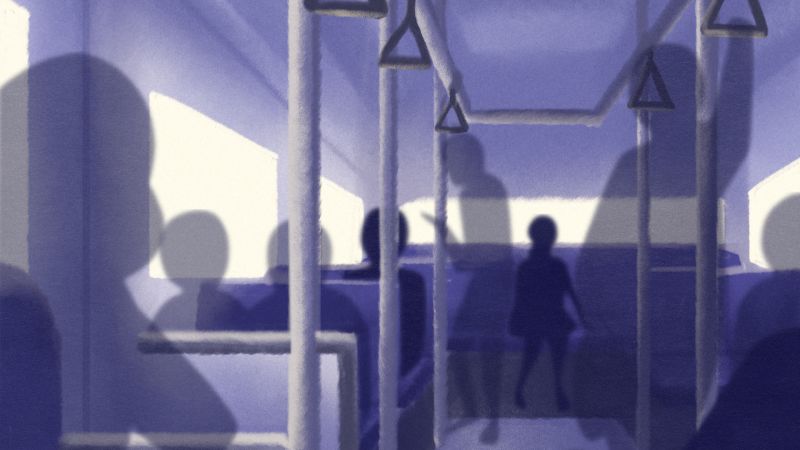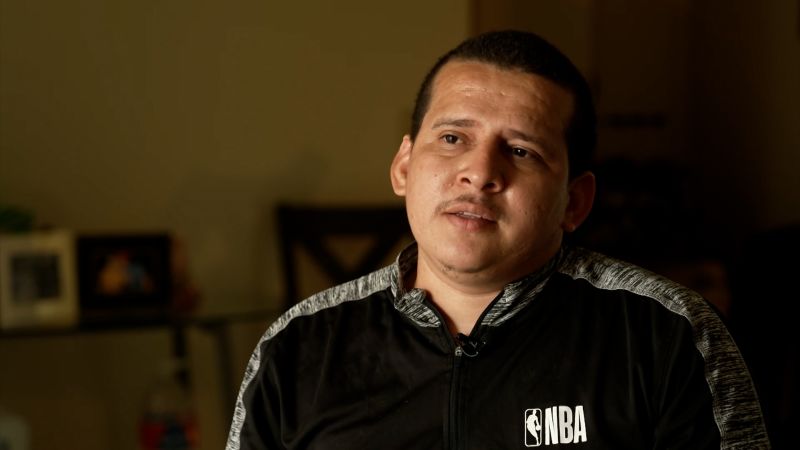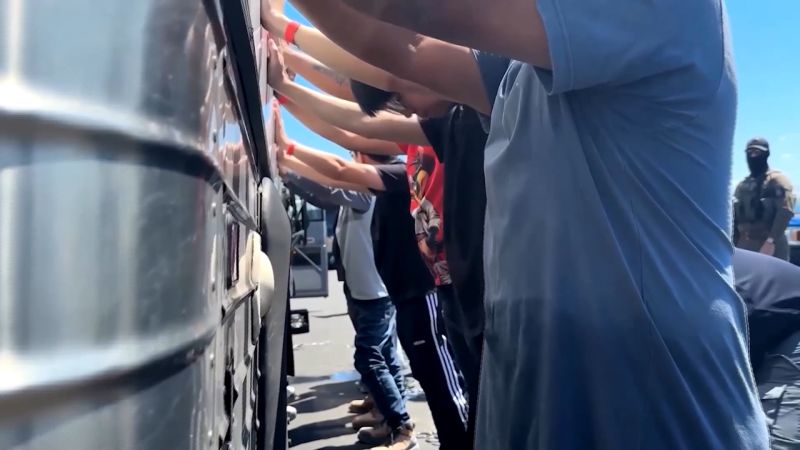
Impact of Immigration Crackdowns on American Society
Politics | 8/24/2025
Immigration crackdowns in the United States are leading to a notable shift as a growing number of immigrants are choosing to stay out of the public eye. This trend is causing ripple effects that are starting to reshape various aspects of American society. In the wake of intensified enforcement measures, many immigrants are opting to avoid routine activities such as seeking healthcare, sending their children to school, or engaging with law enforcement out of fear of potential repercussions.
One consequence of this shift is a decline in immigrant participation in essential services and community engagement. This withdrawal from public life raises concerns about limited access to healthcare, education, and other vital resources for immigrant communities. Additionally, the reluctance to interact with law enforcement may hinder efforts to address and prevent criminal activities, posing challenges for public safety and community well-being.
Amid these changes, voices advocating for immigrant rights emphasize the importance of fostering trust and inclusivity to ensure all members of society feel secure in accessing necessary services and engaging with law enforcement without fear. A White House official highlighted the need for a balanced approach that upholds the rule of law while safeguarding the rights and well-being of all individuals residing in the country.
Conversely, proponents of stricter immigration enforcement argue that maintaining law and order is essential for national security and the integrity of the immigration system. They contend that enforcing existing immigration laws is crucial to upholding the sovereignty of the nation and ensuring fairness for those who follow legal pathways to entry and residence. Despite these differing perspectives, the evolving landscape of immigration enforcement is undeniably reshaping the fabric of American communities, prompting a closer examination of the broader implications of these policy shifts.


